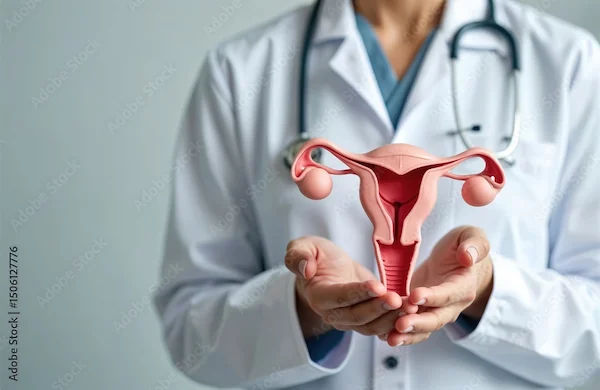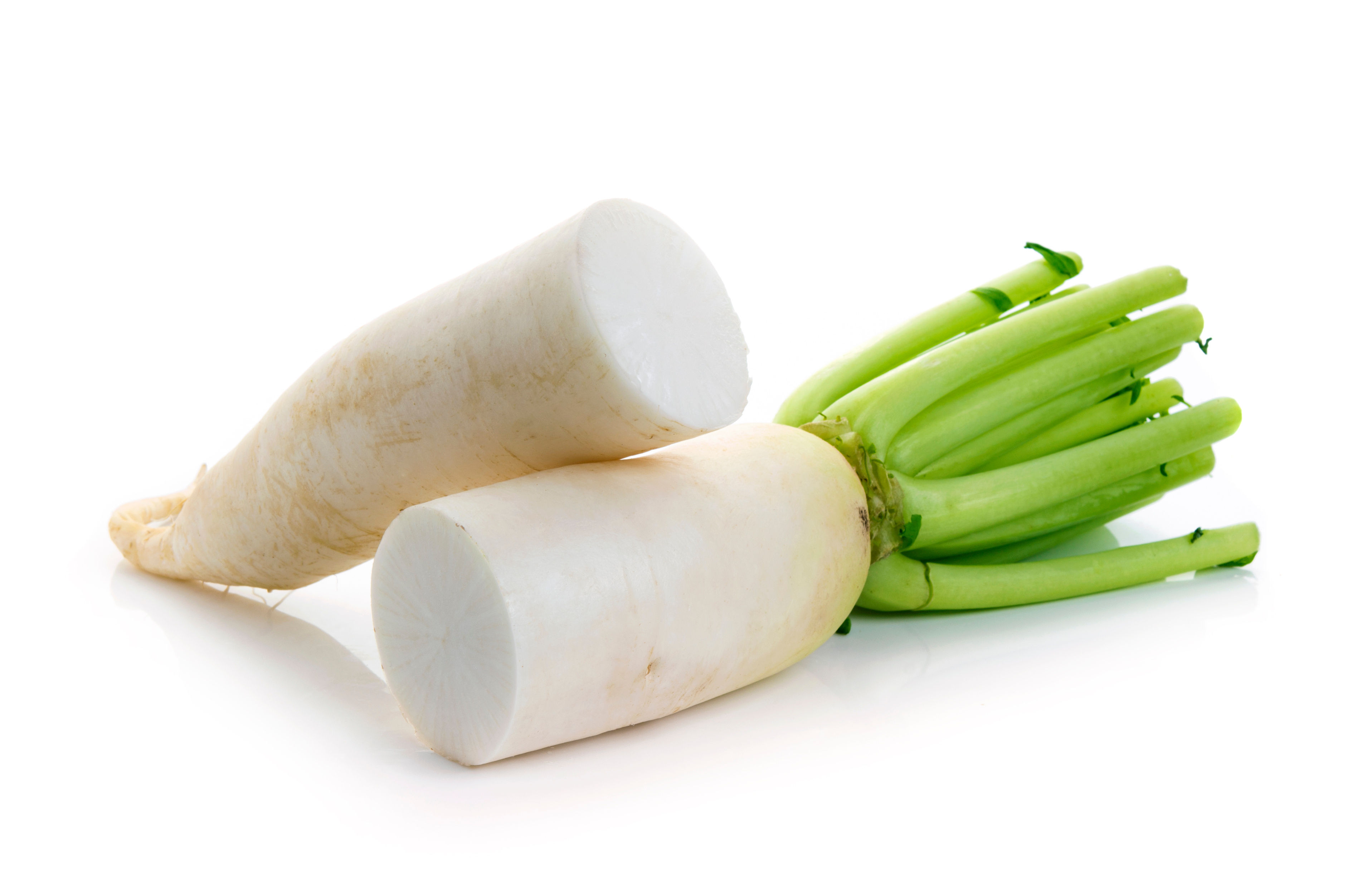Causes, Signs, and Treatment of Gastric Problem
Discover the common causes, warning signs, and effective treatments for gastric problems to manage discomfort and improve digestive health.

_4.webp?tr=q-80,f-webp,w-350,dpr-2,c-at_max 700w)
Introduction
That burning sensation in your chest, the uncomfortable bloating, the nagging stomach pain, gastric problems are a common plight for millions. Often dismissed as mere indigestion, these issues can significantly impact your quality of life. But what exactly leads to these troublesome signs, and more importantly, what does effective gastric problem treatment entail? This guide moves beyond quick fixes to explore the root causes, unmistakable signs, and a holistic approach to finding lasting relief. We'll break down everything from dietary triggers and lifestyle habits to medical interventions, empowering you to take control of your gut health for good.
What Exactly is a "Gastric Problem"?
The term "gastric problem" is a broad, non-medical umbrella term used to describe a range of symptoms originating from the stomach and upper digestive tract. Medically, these symptoms often point to conditions like dyspepsia (indigestion), gastro-oesophageal reflux disease (GORD), gastritis (inflammation of the stomach lining), or peptic ulcers. Essentially, it's a sign that your digestive system is out of balance. This imbalance can be caused by stomach acid irritating the sensitive lining of your oesophagus or stomach, by inflammation, or by disruptions in the gut's muscular movements (motility). Understanding that it's a cluster of symptoms, not a single diagnosis, is the first step toward effective management.
Consult a Gastroenterologist for the best advice
The Root Causes: What Leads to Gastric Troubles?
Unraveling the cause of your discomfort is critical to finding the right treatment. The triggers can be isolated or, more commonly, a combination of several factors.
1. Dietary Triggers and Eating Habits
What you eat and how you eat it plays the most significant role.
Problematic Foods: Spicy, oily, and acidic foods (like citrus and tomatoes) can irritate the stomach lining. Carbonated drinks cause bloating. Excessive caffeine and chocolate can relax the lower oesophageal sphincter (LOS), allowing acid to splash back up.
Overeating and Late-Night Meals: Large meals put excessive pressure on the stomach. Lying down soon after eating makes it easier for acid to escape into the oesophagus.
Food Intolerances: Difficulty digesting lactose (in dairy) or gluten (in wheat) can produce gas, bloating, and pain that mimic other gastric issues.
2. Lifestyle and Behavioural Factors
Your daily habits are often the silent contributors.
Chronic Stress and Anxiety: The gut-brain connection is powerful. Stress can increase stomach acid production, heighten pain perception, and disrupt digestive rhythms, leading to symptoms of functional dyspepsia.
Lack of Physical Activity: A sedentary lifestyle slows down digestion, leading to constipation and bloating.
Smoking and Alcohol Consumption: Both nicotine and alcohol weaken the LES and directly irritate the stomach lining, significantly increasing acid production and the risk of gastritis.
3. Underlying Medical Conditions
Sometimes, symptoms are signs of a specific diagnosable condition.
GORD (Gastro-oesophageal Reflux Disease): A chronic condition where stomach acid frequently flows back into the oesophagus.
H. Pylori Infection: A common bacterial infection that can cause gastritis and peptic ulcers.
Irritable Bowel Syndrome (IBS): A disorder affecting the large intestine, often causing cramping, bloating, and alternating diarrhoea and constipation.
Peptic Ulcers: Open sores that develop on the inner lining of the stomach (gastric ulcers) or upper small intestine (duodenal ulcers).
4. Medications and Supplements
Certain nonsteroidal anti-inflammatory drugs (NSAIDs) like ibuprofen and aspirin are notorious for eroding the stomach's protective lining. Other medications, including some antibiotics and potassium supplements, can also cause gastric upset.
Recognizing the Signs: When to Seek Treatment
It's crucial to distinguish between occasional indigestion and symptoms that require professional attention. Common signs include:
A burning sensation in the chest (heartburn)
Bloating and a feeling of fullness after meals
Frequent burping or belching
Nausea, and sometimes vomiting
Abdominal pain or cramping
Acidic taste in the mouth
Seek immediate medical advice if you experience: difficulty swallowing, unintended weight loss, persistent vomiting, blood in vomit or stools, or severe, unrelenting pain. These could be symptoms of a serious gastric condition.
A Comprehensive Guide to Gastric Problem Treatment
Effective treatment is a multi-pronged approach that addresses causes, not just symptoms.
First-Line Treatment: Lifestyle and Dietary Modifications
This is the cornerstone of managing and preventing gastric issues.
Adopt a Stomach-Friendly Diet: Identify and eliminate your trigger foods. Embrace a balanced diet rich in fibre (fruits, vegetables, whole grains), lean proteins, and probiotics (yogurt, kefir) to support a healthy gut microbiome.
Practice Mindful Eating: Eat smaller, more frequent meals. Chew your food thoroughly. Avoid lying down for at least 2-3 hours after eating.
Manage Stress: Incorporate stress-reduction techniques like yoga, meditation, deep breathing exercises, or regular walks into your daily routine.
Maintain a Healthy Weight: Excess weight, especially around the abdomen, puts pressure on the stomach and can worsen reflux.
Stay Hydrated: Drink plenty of water throughout the day, but avoid large amounts during meals to prevent diluting stomach acids.
Over-the-Counter (OTC) and Pharmacological Treatments
Medications can provide relief while you work on lifestyle changes.
Antacids (Tums, Rolaids): Provide quick, short-term relief by neutralising stomach acid.
H-2-Receptor Blockers (Pepcid, Zantac): Reduce acid production and offer longer-lasting relief than antacids.
Proton Pump Inhibitors (PPIs like Prilosec, Nexium): Stronger acid blockers that allow damaged oesophageal tissue to heal. Ideal for frequent heartburn but should not be used long-term without medical supervision.
Prokinetics and Other Prescriptions: For more severe cases like GERD or H. Pylori infection, doctors may prescribe stronger PPIs, antibiotics to eradicate bacteria, or prokinetic agents to strengthen the LES and speed up stomach emptying.
Exploring Alternative and Complementary Therapies
Many find relief through natural adjuncts to conventional treatment.
Herbal Remedies: Ginger tea is renowned for its anti-nausea properties. Peppermint can help soothe IBS symptoms (but may worsen reflux). Chamomile tea has anti-inflammatory effects.
Acupuncture: Some studies suggest acupuncture can help reduce the frequency and severity of heartburn and other functional digestive symptoms.
Cognitive Behavioural Therapy (CBT): For stress-related gastric issues, CBT can be highly effective in managing the gut-brain axis.
When to See a Doctor: Don't Ignore the Red Flags
While self-care is powerful, professional medical evaluation is non-negotiable in certain scenarios. If your symptoms are severe, persist for more than two weeks despite lifestyle changes, or are accompanied by any of the "red flag" signs mentioned earlier (weight loss, bleeding, difficulty swallowing), schedule an appointment with a gastroenterologist. They can perform diagnostic tests like an endoscopy to get a clear view of your digestive tract and provide a precise diagnosis, which is the key to targeted and effective treatment.
Conclusion: Your Path to lasting Digestive Health
Gastric problems, while common, shouldn't be a normal part of life. Understanding that these signs are your body's signal of distress is the first step toward healing. Effective gastric problem treatment is rarely a single magic pill; it's a holistic journey that involves investigating root causes, making sustainable dietary and lifestyle changes, and using medications wisely under medical guidance. It requires patience and a willingness to become an expert on your own body. By listening to its signals, eliminating triggers, and nurturing your gut health with mindful choices, you can break the cycle of discomfort and achieve lasting digestive wellness. Start today by keeping a food and symptom diary; it's the most powerful tool to begin uncovering your unique path to relief.
Consult a Gastroenterologist for the best advice
Consult a Gastroenterologist for the best advice

Dr. Vipul Worah
Gastroenterology/gi Medicine Specialist
29 Years • MBBS, MD (Med.),DM (Gastro)
Ahmedabad
Apollo Hospitals Gandhinagar, Ahmedabad

Dr. Soham Doshi
Gastroenterology/gi Medicine Specialist
8 Years • MD medicine DNB Gastroenterology fellowship in Liver Transplant
Nashik
Apollo Hospitals Nashik, Nashik

Dr. Mohd Irtaza
Gastroenterology/gi Medicine Specialist
11 Years • MBBS, MD Internal Medicine, DM Gastroenterology
Delhi
Apollo Hospitals Indraprastha, Delhi
(100+ Patients)

Dr. Sunil Kaul
General Surgeon
30 Years • MBBS, MS, FICS, FIMSA, FMAS
Delhi
Apollo Hospitals Indraprastha, Delhi
(25+ Patients)

Dr. Sumanth Simha Vankineni
Gastroenterology/gi Medicine Specialist
4 Years • MD, DM (Medical Gastroenterology )
Chinagadila
Apollo Hospitals Health City Unit, Chinagadila
(25+ Patients)




